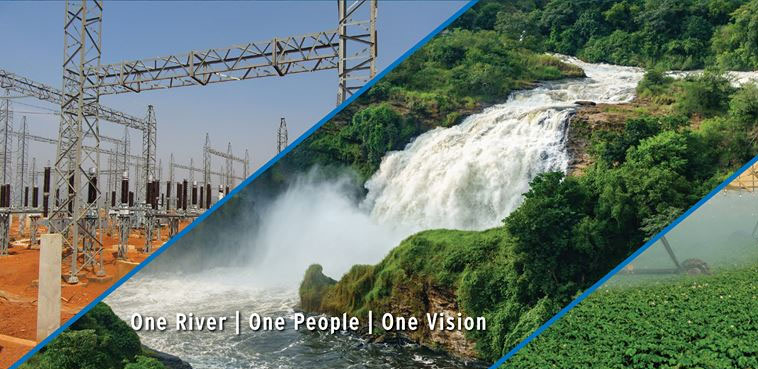
Nile Basin Initiative (NBI) is credited for fulfilling several components of its institutional undertaking: building an atmosphere of trust and dialogue among riparian states. However, the negotiations pursued under the auspices of the NBI are challenged to realize one of the organization’s most fundamental missions: establishing a permanent legal framework and institution ‘acceptable’ Nile Basin Commission to all states across the basin.
How it should be managed? Eastern Nile Technical Regional Office (ENTRO), Executive Director Fekahmed Negash Nuru laments that NBI Secretariat is an effective organization that is capable of delivering the services expected from a river basin organization: it supports the exchange of information on water resources, is able to provide hydrological and socio-economic planning scenarios.
It has also reached an agreement with the Nile Basin riparian states on common principles and strategies for many issues relating to transboundary water management. The organization’s capabilities and skills are now being utilized more widely at the regional level to assist in joint decision-making, and are also being applied in the member states’ own national planning processes.
According to him, since its creation, the Nile Basin Initiative has contributed substantially to building trust and preventing conflict among Nile Basin states. Numerous water experts from all participating countries are now working together to find regional solutions that will benefit all member states. At the sub-basin level, NBI is coordinating investments in regionally coordinated infrastructure and watershed management projects with total value of around USD 1.4 billion.
“In my view, if Nile Basin sharing nation build permanent legal framework and institution ‘acceptable’ to all states, all will benefit, as there is no ground that prohibits nations from utilizing any kind of resources under territory unless the project could pose serious damage on the downstream nation.” He keeps saying, while Ethiopia, Rwanda, and Tanzania have signed Cooperative Framework Agreement (CFA) and ratified in the parliament though Uganda, Kenya and Burundi have not yet ratified it by the parliament.
If six nations ratified the CFA, it will turn to be a binding and the Nile Basin Commission could be established, as to him, Ethiopia has done its homework being the first nation to sign and ratify it. The solution seems to be in the hands of the leaders of respective nations, so they should show great commitment in brining the document and letting the parliament discussed on it, and finally sign.
As to him, the effort to build ‘inclusive’ and ‘equitable’ water share among nation is fundamental in letting practice Pan-Africanism and tearing down the old colonial era treaties. There is a dalliance approach which harms all sharing nations. The wind of cooperation in Basin seems eminent because there is no chance other than benefitting and ensuring sustainable development in the region.
If Egypt and Sudan sign the CFA, it will enhance cooperation by strengthening existing arrangements and initiatives under NBI. “In my view, NBI has greater capacity to contribute to consensus building among riparian states through the sustainable and cooperative management and development of water resources in the Nile Basin. So each member states should with pertinent stakes distancing themselves from obstructing the founding the commission.
Engineer Gideon Asfaw, Tripartite National Committee member for his part said that Ethiopia has done all it could do in ensuring equitable water resources and build trust that is worth mentioning. If the CFA comes to final and new permanent institution is established to run the Basin it would be superb, but delayed negotiations approached harms it. According to him, NBI has two complementary programs, namely the Shared Vision Progress and the Subsidiary Action Programs.
The first aims at creating an enabling environment for cooperation and development in the Nile Basin through a number of basin wide activities which include the negotiations for the Cooperative Framework Agreement. The noble cause should be well understood, he adds. Even if Nile Basin Commission did not come to reality, we should not bother of we would stick to discharge our responsibility in spirit of unity pushing to completion of the GERD.
“Cooperation is the way out and a remedy, so, for member nations come to the round table and sign, ratify CFA and collect resources and mobilize human capital is the right solution. I hope Nile Basin Commission will be launched in the near future.” Then all will come to the lane in ways to play its part and shaped efforts in each steps of the NBI, he notes.
NBI has created confidence and trust among the ten member countries to engage in cooperative transboundary programs and projects by working as an effective coordination platform for all the initiatives along Nile River.
The Ethiopian Herald, April 3/2019
BY MENGISTEAB TESHOME





